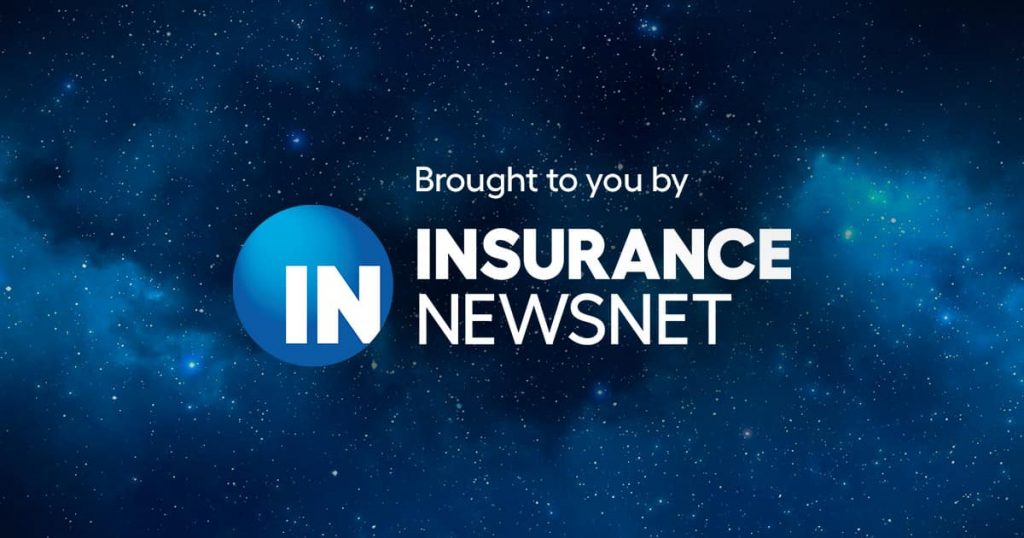Medicaid Expansion In Miss. Closes The Health Insurance Gap – InsuranceNewsNet – Insurance News Net

Nearly 20% of Mississippi residents live in poverty, the U.S. Census Bureau tells us. Former President Barack Obama said it well: “If poverty is a disease that infects the entire community in the form of unemployment and violence, failing schools and broken homes, then we can’t just treat those symptoms in isolation. We have to heal that entire community.”
Healing the entire community means we must collectively address pressing issues like the health insurance coverage gap. Since 2014, states have had the option to expand Medicaid eligibility to include adults with incomes under 138% of the federal poverty level, which would close the health-insurance coverage gap -meaning that a family of four making less than $26, 500 would have access to health insurance.
Unfortunately, Mississippi is one of 12 states that continue to force working families to suffer without health-insurance options. This is appalling given the fact that Mississippi currently leads the nation in deaths related to cardiovascular disease, infant mortality, diabetes and obesity. Mississippi’s health-care system ranks last among all states across a range of measures: access to health care, quality of care, health care utilization, cost of care, health outcomes and income-based health-care disparities. Low-income Mississippi residents face significant challenges in accessing affordable health care.
In 2019, the state had the fifthhighest uninsured rate in the country, The Kaiser Family Foundation reports. Nearly one out of five residents live in poverty. This is important because health insurance makes a difference in whether and when people get necessary medical care, where they get their care and how healthy they are.
Uninsured people are far more likely than those with insurance to postpone health care or forgo it altogether. The consequences can be severe, particularly when preventable conditions or chronic diseases go undetected.
Closing the health insurance coverage gap is one of the policy measures shown to be effective in reducing health disparities. Increasing access to Medicaid for Mississippi families means longer windows of health-care coverage for mothers before and after their pregnancy resulting in improved birth outcomes.
Studies also found that among those with chronic disease, Medicaid expansion contributed to increased insurance coverage and improvements in payer mix, improved access to care, and better health outcomes including disease management and mortality. To date, 38 states and the District of Columbia have adopted the Medicaid expansion, and 12 states have not. Mississippi is one of those 12.
Expanding access to health insurance also reduces hospitals’ uncompensated care and lessens the financial burden of health care for working families. Cutting uncompensated care costs helps patients, hospitals and state budgets. These costs lead to medical debt, which hospitals may seek to collect even from very low-income patients; become part of patients’ credit history, reducing their access to loans; and sometimes cause people to declare bankruptcy.
These costs burden hospitals, making it harder for them to invest in new technologies or equipment, maintain needed capacity to serve patients or even remain open.
Finally, uncompensated care costs burden state budgets because many states cover part of these costs. Medicaid expansion dramatically reduces this burden for hospitals.
Expanding Medicaid can also be a form of economic stimulus. The infusion of federal spending would give a boost to the state’s economy. A study by the Commonwealth Fund found that Mississippi would realize substantial savings from Medicaid expansion, resulting in $333 million in reduced state spending on existing Medicaid populations over five years. In addition, Mississippi would qualify for the American Rescue Plan Act of 2021’s enhanced federal funding, which would provide an estimated additional $747 million in federal dollars. In total, it is estimated that the state could achieve $1.2 billion in savings over five years, against only $956 million in costs.
Closing the health insurance gap through Medicaid expansion improves health outcomes by increasing access and use of health-care services. It also results in increased provider revenues and reduced uncompensated care while stimulating economic growth.
Without Medicaid expansion, the health, wealth and economic sustainability of Mississippi’s working families is at stake.
The Institute for the Advance -ment of Minority Health was established in 2019 to reduce health disparities among disadvantaged and underserved minority populations in the Mississippi through the development of collaborative partnerships with community stakeholders and the implementation of evidence-based public health interventions with a particular focus on health equity. Dr. Sandra Carr-Melvin is an epidemiologist, the Mississippi NAACP’s Health Committee chairwoman and the CEO of the Institute for the Advancement of Minority Health.





